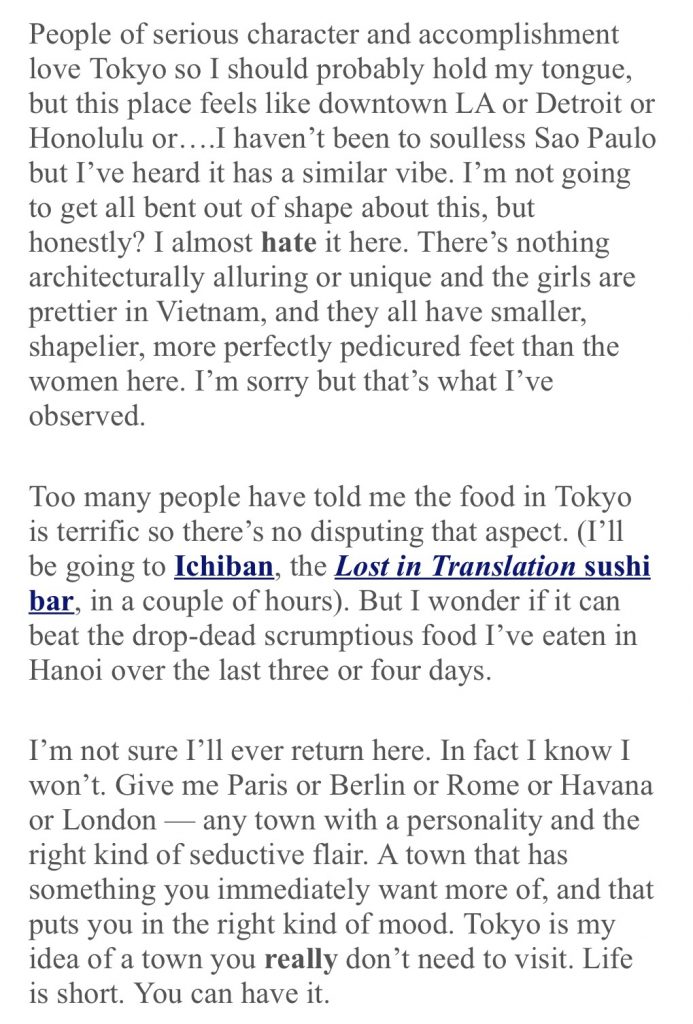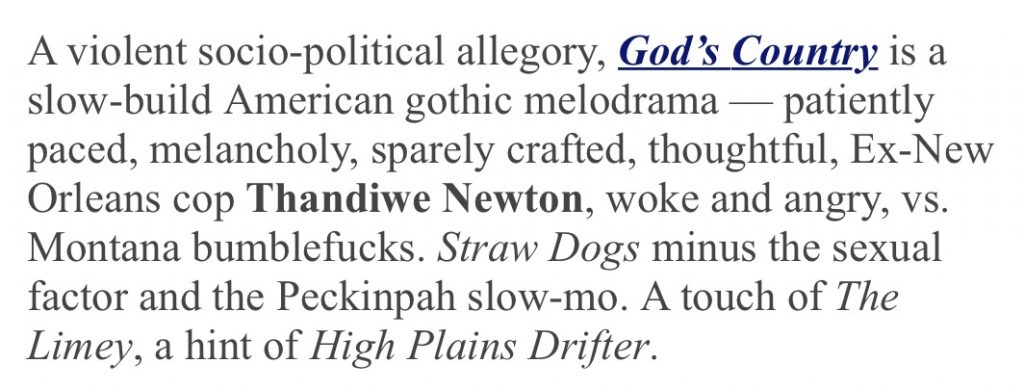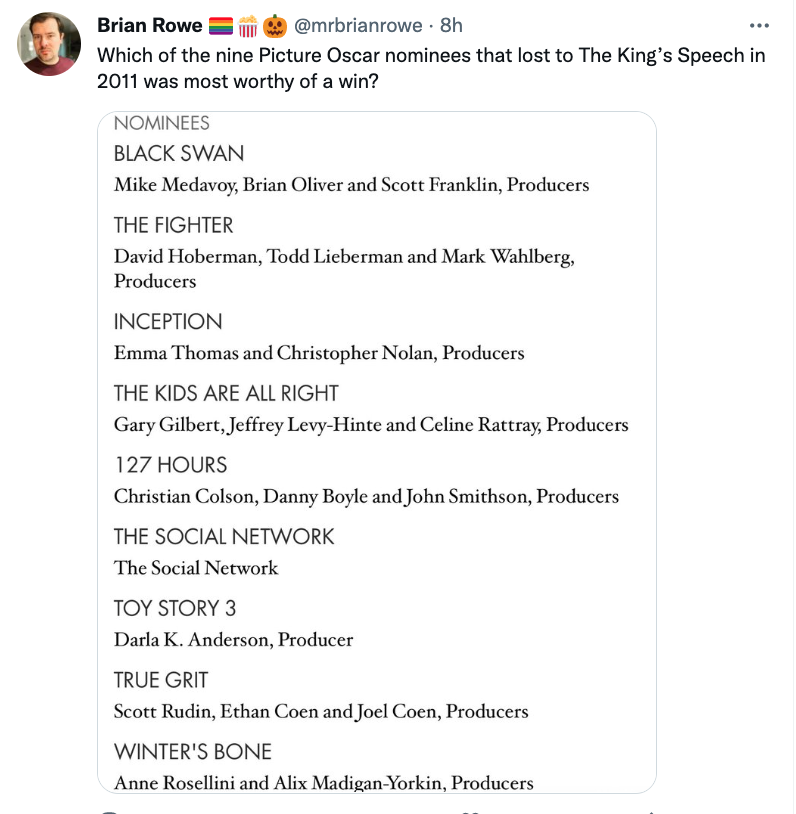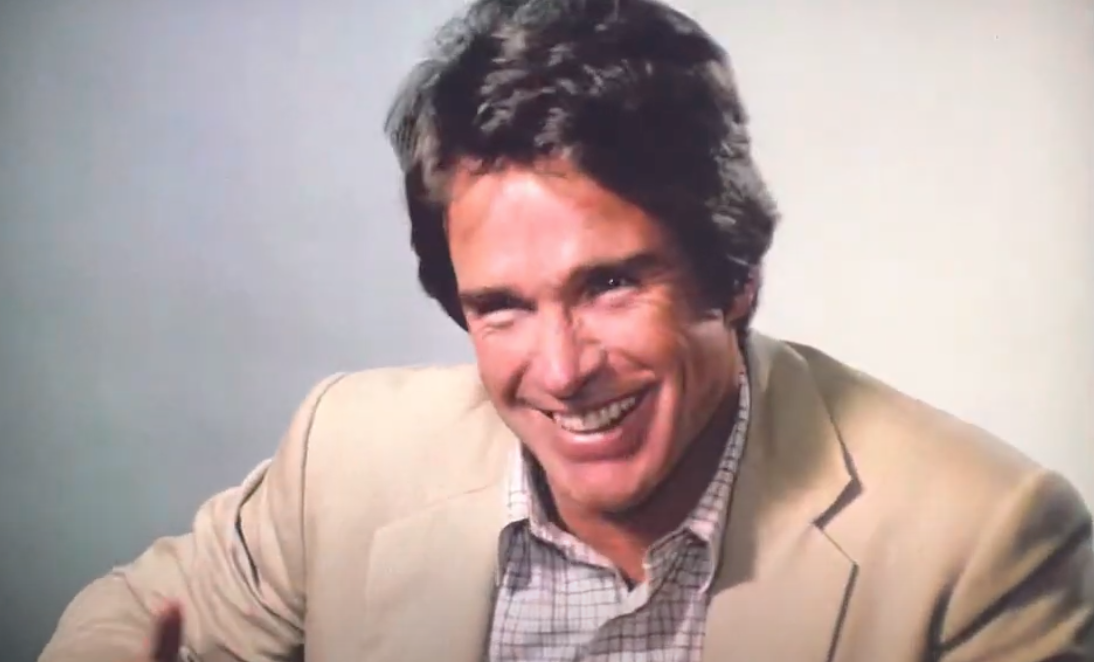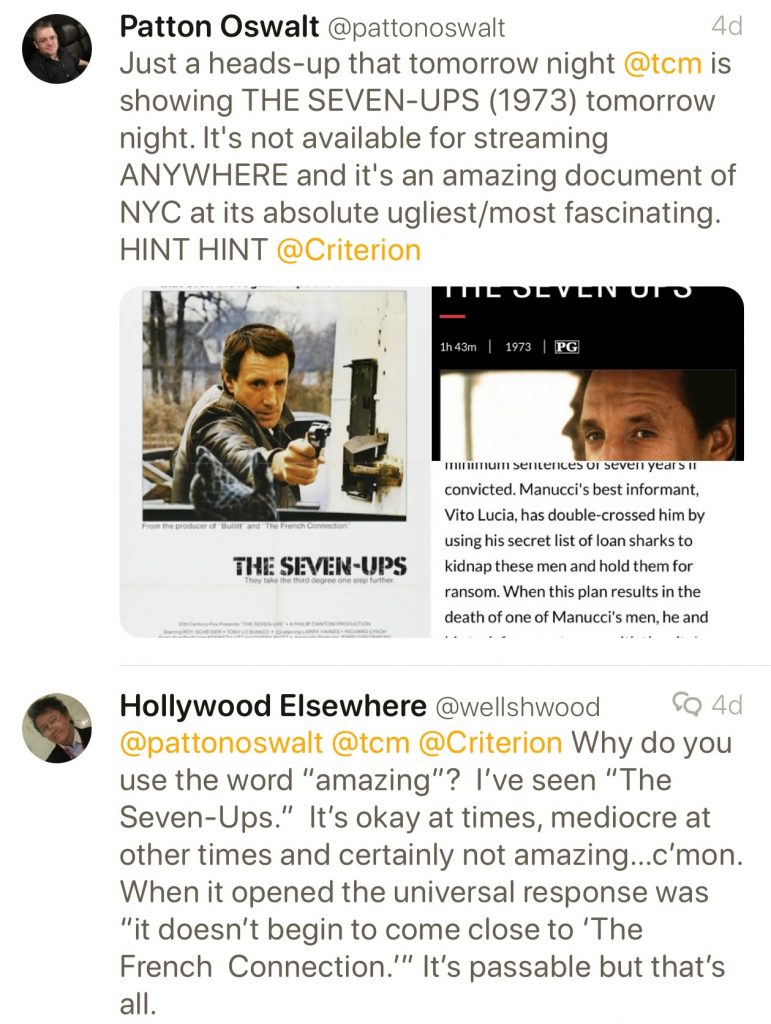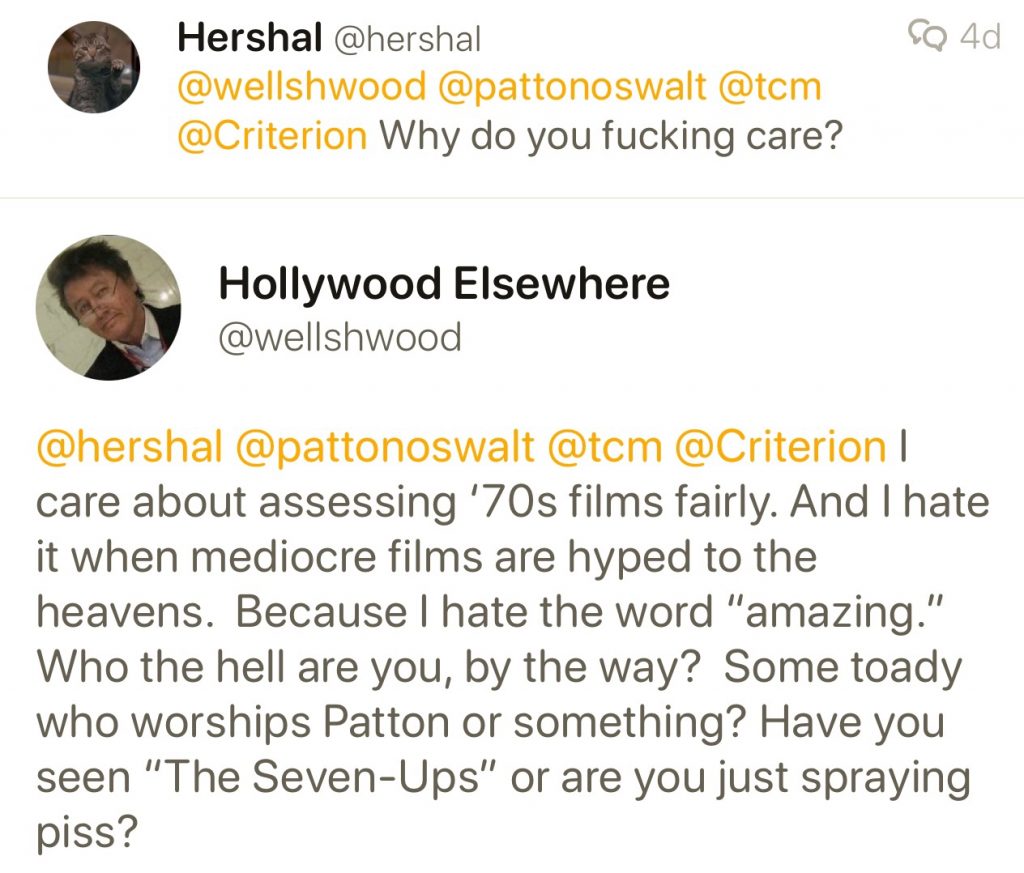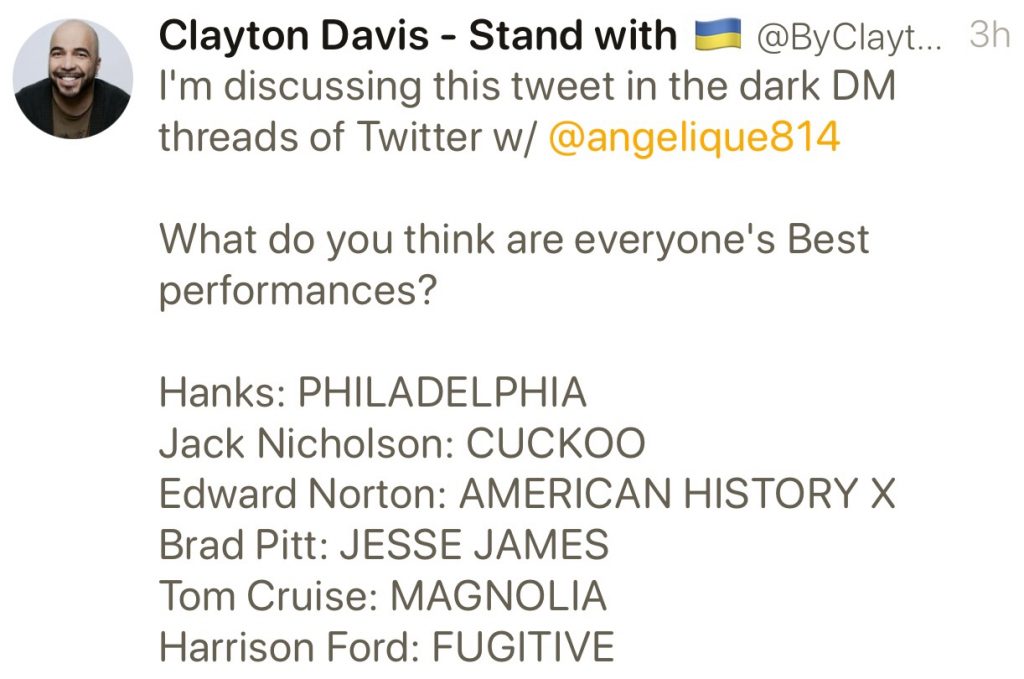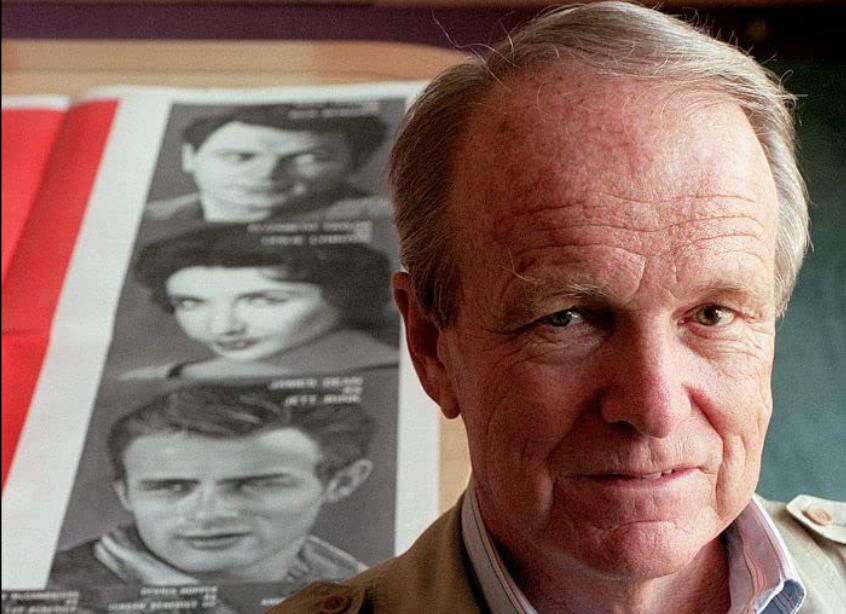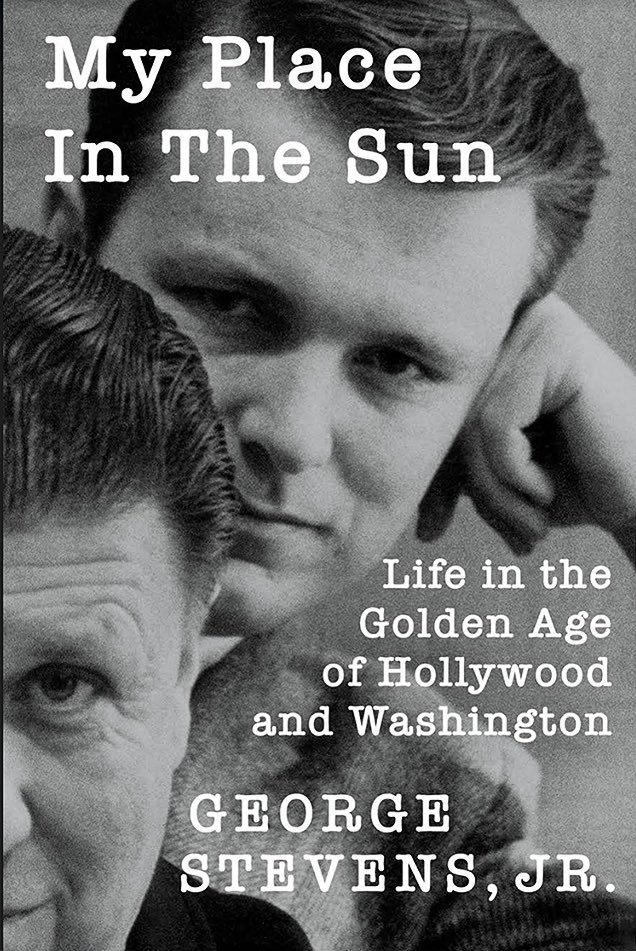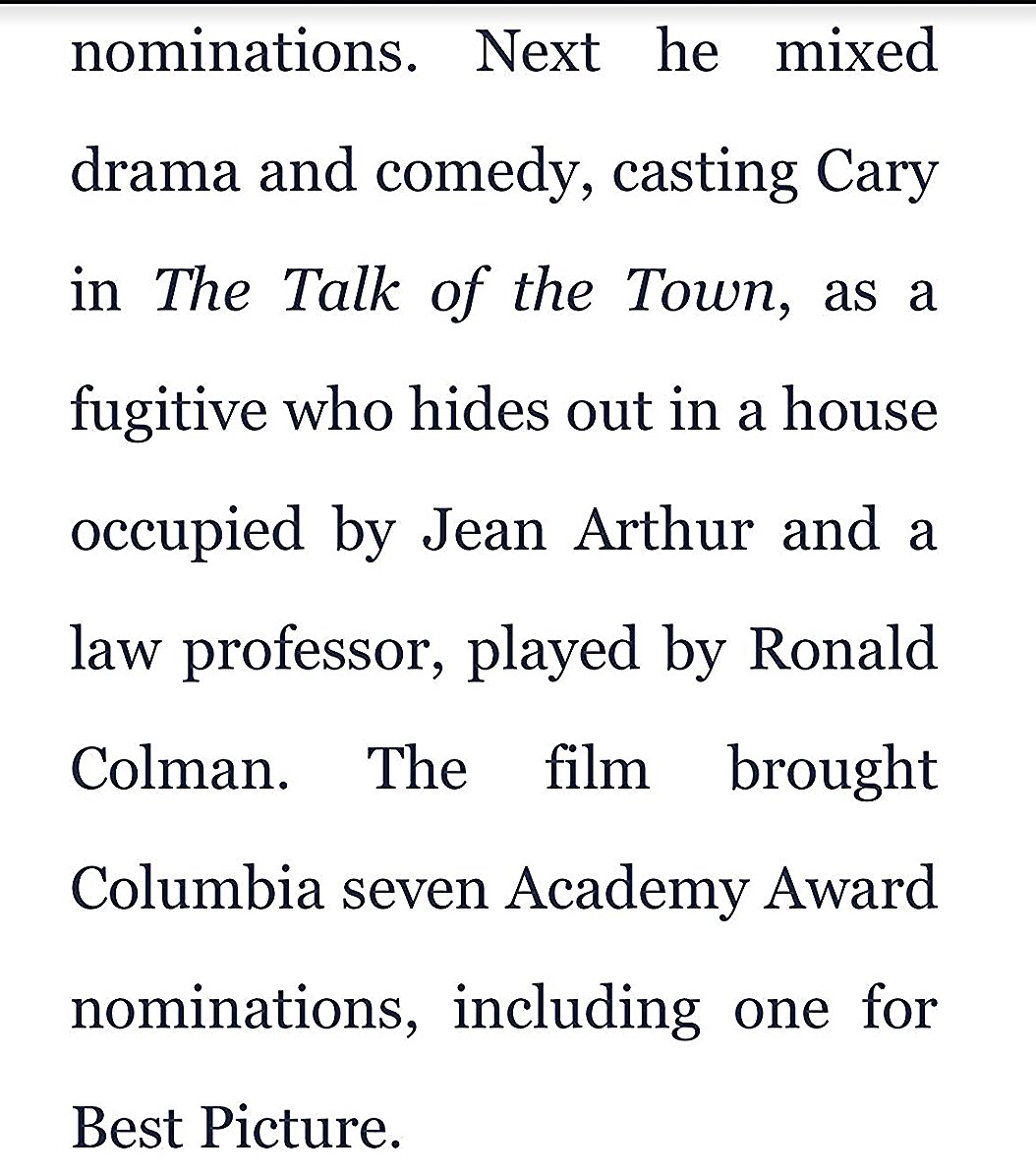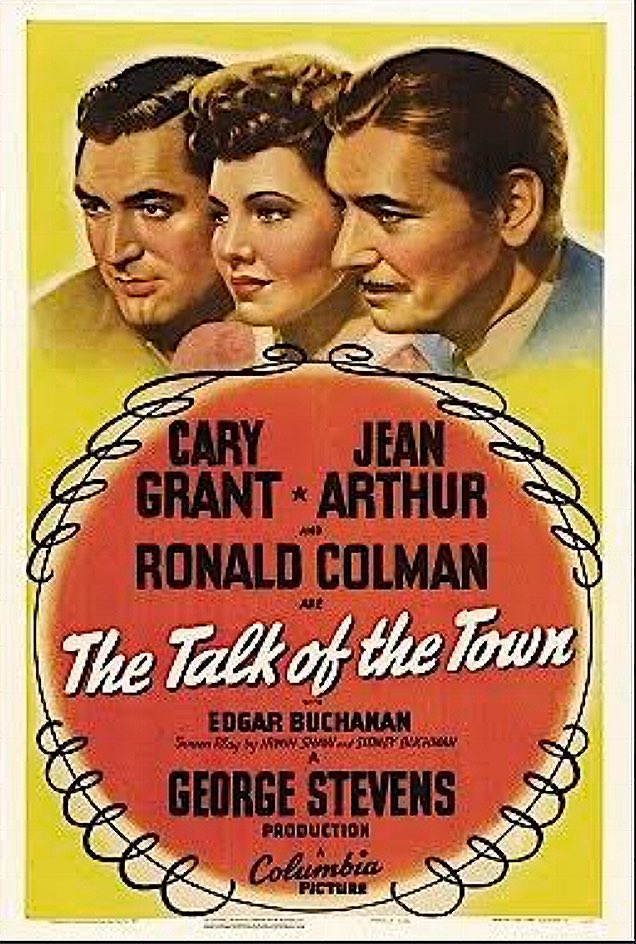Roughly nine months ago I explained the basic ground rules when it came to flirtatious older guys and younger women in the year 2021. It’s now 2022 and things haven’t changed. I explained it as carefully as the English language allows, and in only three paragraphs. It was completely free (not a paywall post) and easy to find. And what happened?
Frank Langella completely ignored it, and now he’s been fired from Netflix’s The Fall of the House of Usher. The rules are the rules, and he couldn’t bothered to follow them, and now people are saying his career might be over.
Here’s what I said last July: “Some older white guys — the stupid, clumsy ones, I mean — don’t seem to realize that they’re deer, and that it’s deer hunting season out there right now. Because a decent percentage of urban progressive women (teens to mid 30s and perhaps beyond) would just as soon explode their lives into smithereens as look at them. If old guys want to be dead all they have to do is give the ‘hunters’ a reason to get out their high-powered social media rifles and fire at them.”
Here’s what Langella did wrong, according to TMZ: “As for what exactly happened, a source close to production tells us the 84-year-old actor allegedly made an inappropriate joke that was sexual in nature. Our sources also say in the context of his performance, possibly during rehearsal, he touched the leg of a female costar, and further drew attention to the action when he jokingly said something like ‘Did you like that?'”
Posted three days ago by Alex Simon on Facebook: “First, I’m glad there was an actual investigation, as opposed to Trial by Twitter. That’s how it’s done if things are run by grown-ups.
“Second, I think what we’re seeing isn’t another Harvey Weinstein-level predator. Langella was known for decades as a Warren Beatty-level ladies man. He never engaged in Weinstein-like behavior because, let’s face it, he was a gorgeous dude who didn’t have to. He loved women and he loved getting laid. And did. Among his conquests was an off-and-on relationship with Jackie O. for a number of years, a lady who was renowned for not being attracted to ‘nice guys.’
“This is my point about how this brand of guy, from the Mad Men era, was rewarded for their behavior. ‘Swaggering alpha male who goes after what he wants’ equaled ‘self-confident, strong man,’ and this behavior was rewarded by society and the world’s most spectacular women alike through my generation. It’s how things were, whether you feel it was “right,” or not.
“[Langella’s] ‘inappropriate touching’ might not have been viewed as such 20 or 30 years ago, prior to his being an old man. It might’ve been welcomed. Perhaps the real issue is [that] Frank [has] never came to terms with the fact that he’s gotten old. If his career truly is over, I shall miss him. He was always a fascinating actor to watch weave his magic.”

